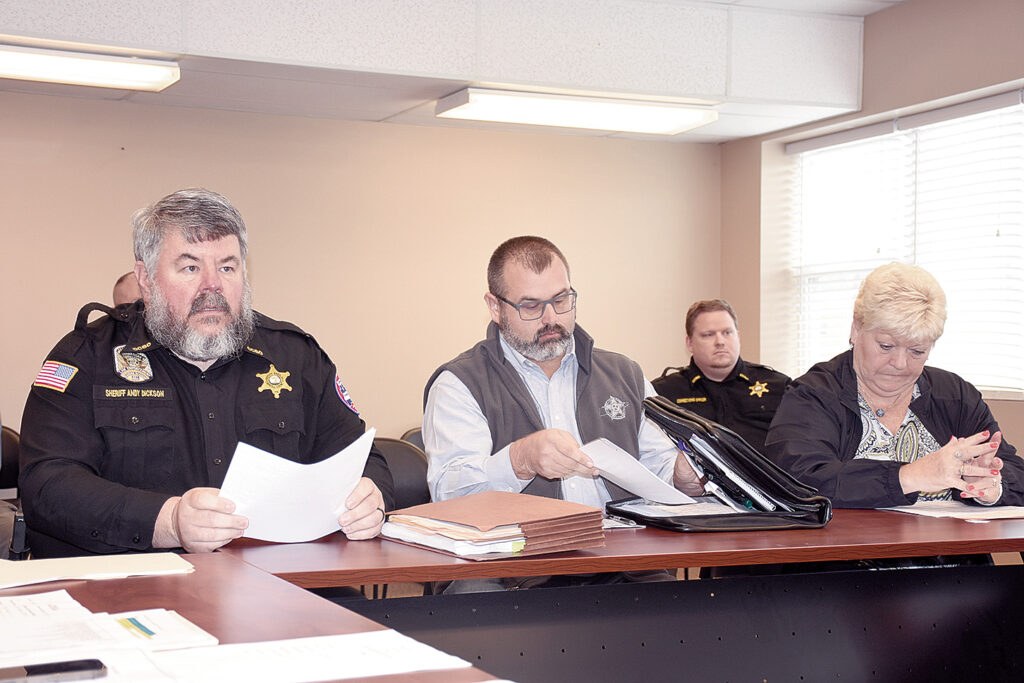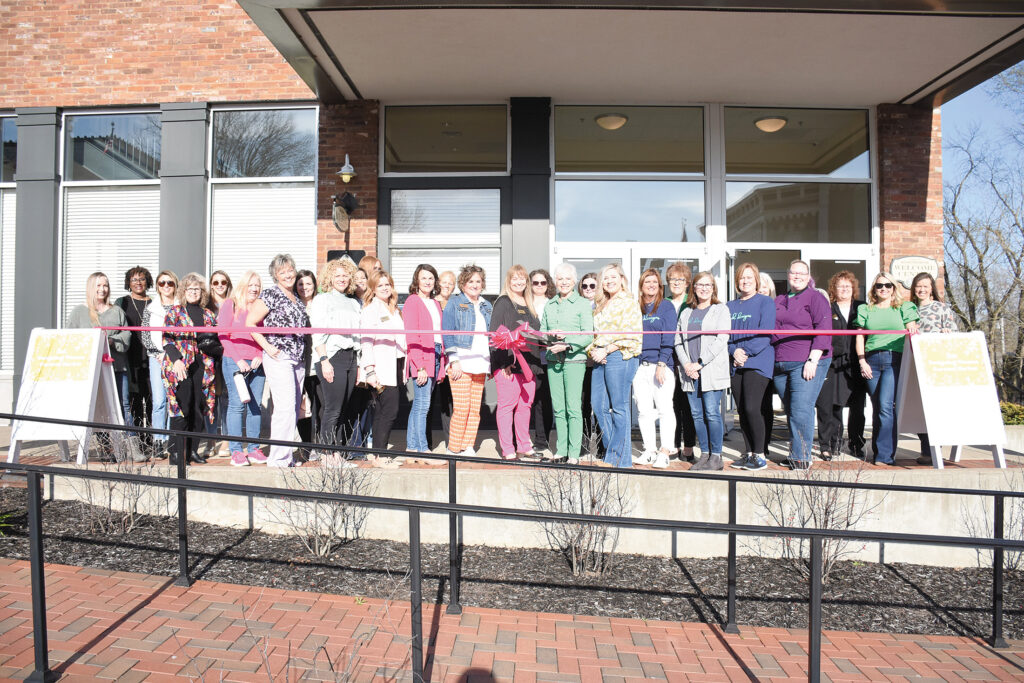Few events in modern history have affected more lives in more ways than the coronavirus pandemic.
In addition to lives lost, strain on the medical system, and far-reaching social and economic impacts, the prolonged crisis is also taking a toll when it comes to mental health.
According to Margaret (Maggie) Stewart, a licensed clinical social worker with Baptist Carroll County Behavioral Health, she has witnessed a big increase in mental health issues since the onset of the crisis.
“I’ve definitely seen more cases of anxiety and depression,” said Stewart, who pointed out that the isolation that has resulted from all the social distancing and stay-at-home orders has been particularly hard on those who suffer from these and other mental and emotional conditions.
Unfortunately, said Stewart, the crisis has prevented her from having in-person visits with patients, though she is still counseling people via phone calls and video conferencing.
“This situation has had its challenges,” she said. “But everyone is adapting and stepping up.”
The stress of uncertainty is one of the main issues that people are dealing with right now, according to Stewart.
“It’s the unknown, the not knowing that’s hardest on people,” she said.
As Stewart explained, many of those she counsels are at greater risk from the virus due to age and/or underlying health conditions.
She also said that many of the elderly are dependent upon family members when it comes to simple things like going to the grocery store, paying bills, and doctor visits, and the current crisis has only deepened that sense of vulnerability.
Stewart pointed out that economic pressures, job losses, and the overall disruption to people’s lives is creating a lot of mental stress for just about everyone, even relatively young, healthy individuals.
As a matter of advice, Stewart is strongly encouraging everyone to pay close attention to the state of their own mental health and that of their loved ones, and to reach out to someone – whether that be a friend, pastor, or mental health professional like herself – if they feel that the situation is getting out of hand or becoming dangerous.
Some of the warning signs she pointed to are becoming obsessed or consumed with worry or fear, a loss of a sense of humor, changes in sleeping and eating habits, and decreased interest in the things people usually enjoy.
“These are signs that depression and anxiety are getting out of control,” said Stewart.
In such cases, Stewart recommended that people contact their primary medical providers, which, in most cases, can provide screenings for depression and anxiety.
“At least reach out to a counselor or a friend,” said Stewart.
She also said that people living in West Tennessee can call one of the following mental health crisis hotlines: 1-800-353-9918, 1-800-587-3854, or 1-855-274-7471.
“It concerns me that some people are not reaching out for help,” said Stewart, who added that the social stigma that sometimes goes with mental health issues can make people hesitant to talk to anyone about what they’re going through. “But if you don’t get help, it doesn’t get better.”
As Stewart explained, mental health counselors are trained to teach coping skills, which are vital when it comes to dealing with stress and anxiety and keeping things in perspective.
Stewart encouraged those who are experiencing any kind of domestic violence, which has increased sharply during the crisis, to reach out for help, as well.
In general, Stewart recommended that everyone adopt basic common sense health measures, such as eating healthy, increasing physical activity, and setting aside time to just relax.
“Just get out of your head for a while,” she said. “Watch a good movie, read a book, or call a friend.”
Stewart added that she is telling her patients to limit how much time they spend watching media – particularly when it comes to news reports about the pandemic.
She did say that she has been impressed at how many in the community have reached out to help the most vulnerable and isolated individuals.
“Kudos to the churches,” she said. “They have really stepped up with things like leaving care packages on people’s doorsteps and checking up on the elderly. And a lot of neighbors are stepping up as well.”
Most of all, Stewart said that people should work to maintain a positive state of mind.
“People have to think positive and realize that things will get better,” she said.




